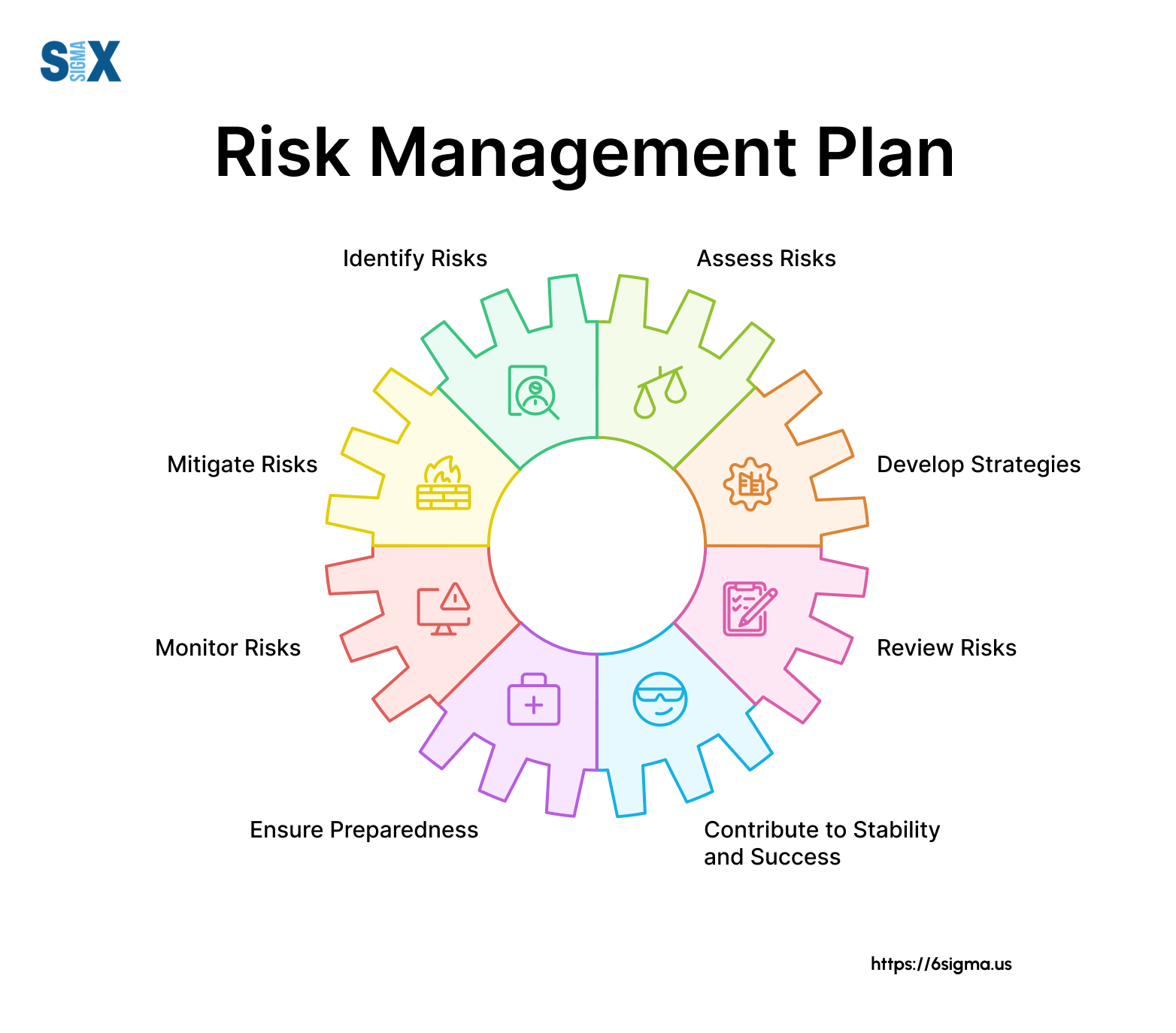Enhancing Operational Efficiency Through the Importance of Risk Management
Enhancing Operational Efficiency Through the Importance of Risk Management
Blog Article
Recognizing the Importance of Risk Management in Business Success and Sustainability
In today's ever-evolving service landscape, the significance of Risk Management can not be underrated. It stands as a vital pillar, strengthening company success and sustainability among a sea of unpredictabilities. By identifying and mitigating possible dangers, companies safeguard their resources, foster durability, and enhance public trust fund. Similarly, it paves the way for advancement and growth. Let's unpack this facility subject, discovering just how proactive Risk Management adds to the durability and success of companies.
The Principle of Risk Management in Organization
Risk Management, an essential facet of organization operations, carries a significant weight in the success or failing of a business. Businesses utilize Risk Management procedures to reduce the unfavorable impacts of these risks. The concept of Risk Management is not an assurance versus Risk, however rather a necessary tool that promotes functional efficiency and resilience in face of changability.
Crucial element of a Robust Risk Management Technique
Identification of possible risks is the main action, adhered to by a thorough evaluation of these risks. After understanding the gravity of the risks, appropriate procedures need to be planned for Risk reduction. An efficient Risk Management approach likewise involves consistent surveillance and testimonial of the recognized threats and the performance of the control measures.
Exactly How Risk Management Adds to Service Success

Situation Researches: Successful Risk Management in Technique

Future Trends in Risk Management and Their Ramifications for Services
As the worldwide service landscape remains to advance, so as well does the area of Risk Management. Future trends suggest a change towards proactive instead than responsive approaches, with companies progressively looking for to determine and reduce risks before they occur. The look at this site unification of technology, especially AI and large information analytics, will play a critical function in this makeover. These tools can offer real-time insights, allowing swift and informed decision-making. Ecological, social, and governance (ESG) risks are forecasted to increase in prestige, showing a growing social issue for sustainability. Services that adapt to website here these fads and incorporate them right into their Risk Management strategies will likely be better furnished for success and sustainability in the uncertain future.

Conclusion
In final thought, recognizing the relevance of Risk Management is critical for organization sustainability and success. Aggressive recognition, assessment, and reduction of potential hazards not just safeguards funding and incomes, yet also promotes durability. Effective Risk Management methods improve operational efficiency, customer count on, and technology. Via real-world case research studies and future patterns, it appears that a durable strategy to risk Management is critical in navigating today's complicated service atmosphere.
Organizations employ Risk Management treatments to minimize the unfavorable impacts of these risks. The principle of Risk Management is not an assurance versus Risk, yet instead an essential device that advertises functional effectiveness and strength in face of unpredictability.
Identification of potential threats is the main step, followed by a thorough evaluation of these threats (importance of risk management). After understanding click to investigate the gravity of the risks, proper measures must be intended for Risk mitigation. An efficient Risk Management method additionally includes continuous surveillance and testimonial of the recognized dangers and the effectiveness of the control actions
Report this page